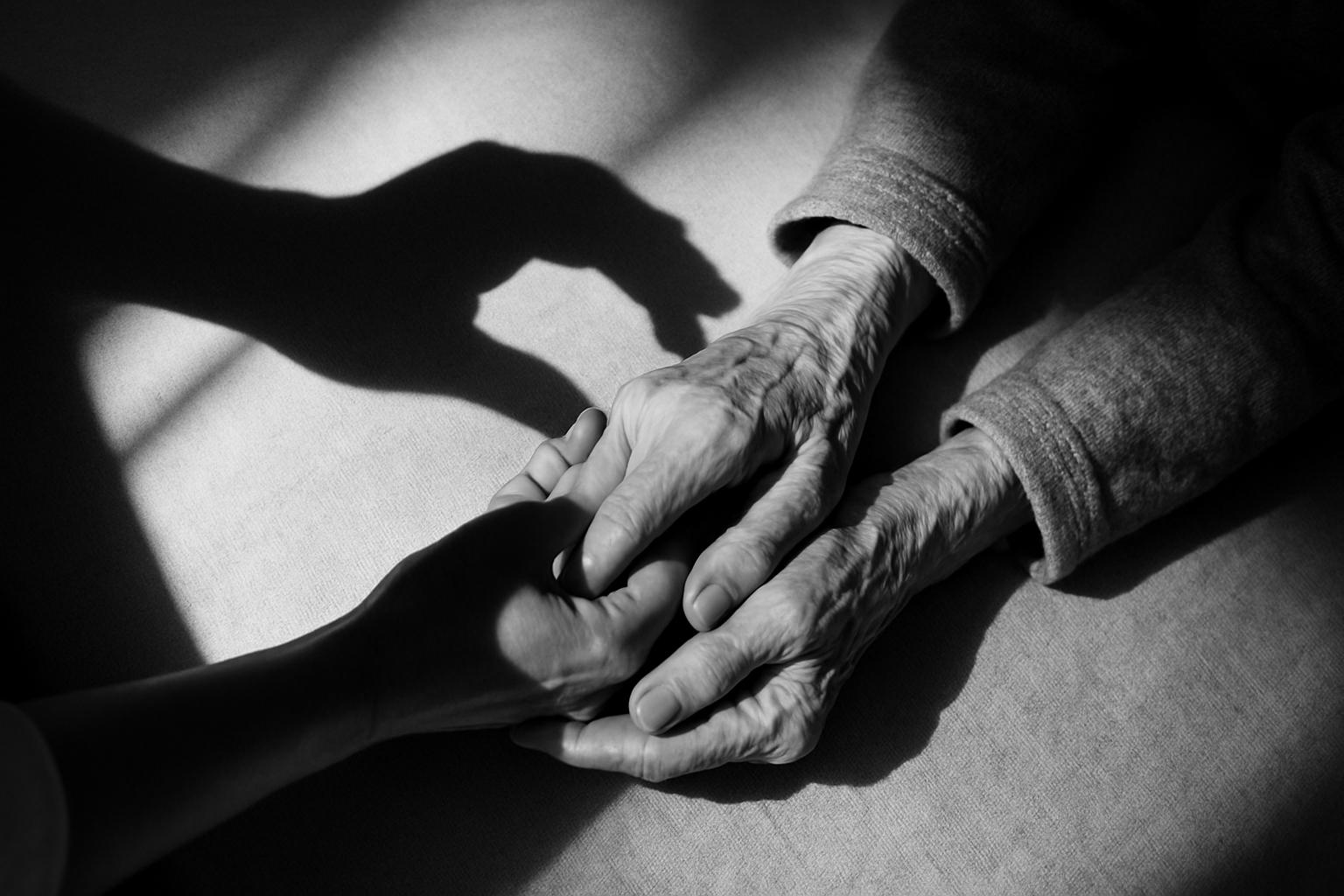The evolving landscape of dementia care is witnessing an increasing emphasis on innovation, particularly in the realm of research and new treatments. According to a recent report, groundbreaking advances in the understanding and management of Alzheimer's disease are emerging from Switzerland, sparking renewed hope for combating the condition more effectively. However, these transformative innovations do not obviate the enduring necessity for general practitioners (GPs) and dementia specialists to maintain and deepen their expertise in the foundational aspects of dementia care.
Despite exciting progress in medical research, the routine yet essential tasks of managing behavioural disorders associated with dementia, utilising sophisticated diagnostic imaging and laboratory tools, and delivering psychosocial care remain critical components of patient management. As the article in the Evening Standard notes, care providers must balance embracing new treatments with perfecting the steady, incremental advances achieved in recent decades. GPs will continue to be pivotal in this continuum, often serving as the first point of contact and managing long-term care needs of patients through established therapeutic relationships.
Academic research supports this view, illustrating the central role of GPs not only in diagnosis but also in advance care planning (ACP). A study published on PubMed outlines how GPs, because of their enduring relationships with patients and families, are well placed to sensitively initiate ACP discussions — even before the onset of clear dementia symptoms. However, constraints such as limited consultation time and resource availability remain challenges in fully realising these conversations, indicating a need for systemic improvements to support GPs in this critical role.
Further elucidating the multidisciplinary nature of dementia care, the Alzheimer's Society highlights the network of healthcare professionals involved. GPs act as the coordinators of overall patient health, referring patients as needed to specialists like psychiatrists and geriatricians, who provide more focused expertise. Psychiatrists, in particular, hold an important role in diagnosing and managing mild cognitive impairment and early Alzheimer's disease, often seeing patients regularly and advancing care through specialised training. Nonetheless, research suggests many psychiatrists do not see themselves as the primary care coordinators, reflecting complexities in care roles and the need for clearer delineation of responsibilities.
The contributions of primary care nurses have also garnered attention, with studies revealing that nurses feel strongly involved in dementia care within general practice settings. Their established rapport with patients enables them to deliver person-centred care effectively, though barriers such as limited dementia-specific knowledge and hierarchical practice structures can hamper their full potential. Supporting and enhancing their role is seen as vital to comprehensive dementia management.
A significant challenge across these roles is the management of behavioural and psychological symptoms of dementia (BPSD). General practitioners frequently encounter BPSD in both community and residential settings but often report feeling insufficiently prepared to manage these complex symptoms. This gap underscores an urgent need for holistic training and resources to empower healthcare professionals. The medical community acknowledges that medical education currently falls short in equipping doctors to handle BPSD comprehensively, which hampers the delivery of effective and compassionate care.
In summary, while pioneering breakthroughs in dementia research offer promising new avenues for treatment, the enduring role of GPs, nurses, psychiatrists, and a multidisciplinary network remains indispensable in providing holistic and continuous patient care. A dual focus on innovation alongside strengthening everyday clinical expertise, particularly in managing behavioural symptoms and advance care planning, will be essential for meeting the evolving needs of dementia patients and their families.
📌 Reference Map:
- Paragraph 1 – [1]
- Paragraph 2 – [1], [2], [6]
- Paragraph 3 – [3], [5]
- Paragraph 4 – [4]
- Paragraph 5 – [6], [7]
- Paragraph 6 – [1], [2], [3], [4], [5], [6], [7]
Source: Noah Wire Services
